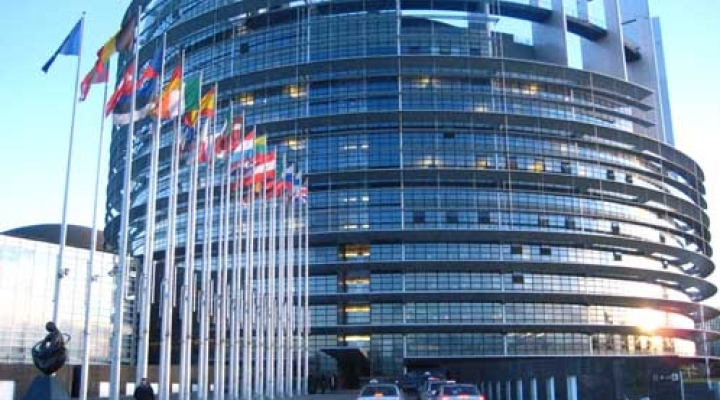Public hearing on the EU’s drug prevention program in the EP
Following a request of the European People’s Party’s Group, the European Parliament’s Commitee on Civil Liberties, Justice and Home Affairs (LIBE) held a public hearing entitled Drug – addiction and trade in Brussels. The guest speakers of the hearing included specialists from the European Commission, the World Anti-Doping Agency's (WADA), representatives of different institutions, NGOs and advocacy associations, as well as university professors.
Drug use, with its negative social and health implications, is an ever worsening problem in Europe that still needs a solution. Decision makers welcomed the EC’s and EP’s cooperation on the subject. The EC’s report on drug use presented in November contains worrisome data. There are around 25-30 million regular drug users in the world, while two million people in EU use drugs on a daily basis.
Every fourth death in the EU is caused by a drug overdose and the number of people getting infested with the HIV virus due to drug use rises with 300 thousand every year. International regulations on drug use have a great effect on member states’ internal regulations throughout the region, but they do not solve the issue, they merely extend its geographical range and raise the proportions of illegal acts. The European model on drug prevention (the ALICE program) is being carefully designed at this moment with the cooperation of African and South American countries. The EU’s budget foresees an expenditure of 600 million Euros on the issue, a large proportion of it is destined to stop the drug trade, but emphasis is also put on awareness campaigns combating doping activities in the world of sports. According to plans, results are expected to be visible by 2012.
DAHR’s MEP Csaba Sógor was interested whish member states did not participate in the report spanning 25 countries. Jean-Michel BAER from the EC confirmed that from the group of new member states Romania and Bulgaria are often member in the consortium, but each member states actual part in the work is determined by the coordination between the national agencies involved.
Every fourth death in the EU is caused by a drug overdose and the number of people getting infested with the HIV virus due to drug use rises with 300 thousand every year. International regulations on drug use have a great effect on member states’ internal regulations throughout the region, but they do not solve the issue, they merely extend its geographical range and raise the proportions of illegal acts. The European model on drug prevention (the ALICE program) is being carefully designed at this moment with the cooperation of African and South American countries. The EU’s budget foresees an expenditure of 600 million Euros on the issue, a large proportion of it is destined to stop the drug trade, but emphasis is also put on awareness campaigns combating doping activities in the world of sports. According to plans, results are expected to be visible by 2012.
DAHR’s MEP Csaba Sógor was interested whish member states did not participate in the report spanning 25 countries. Jean-Michel BAER from the EC confirmed that from the group of new member states Romania and Bulgaria are often member in the consortium, but each member states actual part in the work is determined by the coordination between the national agencies involved.











